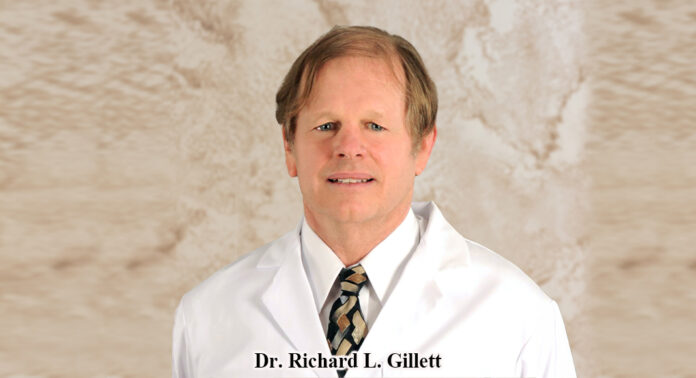Mega Doctor News
By Roberto Hugo González
Dr. Richard L. Gillett is not your typical ophthalmologist. His life story reads like an adventure novel, filled with tales of wrestling scholarships, global hitchhiking, Pacific sailing, and dedicated medical service. From the wrestling mats of San Diego State University to the remote jungles of Central America, Dr. Gillett has always followed his path, guided more by the compass than the clock.
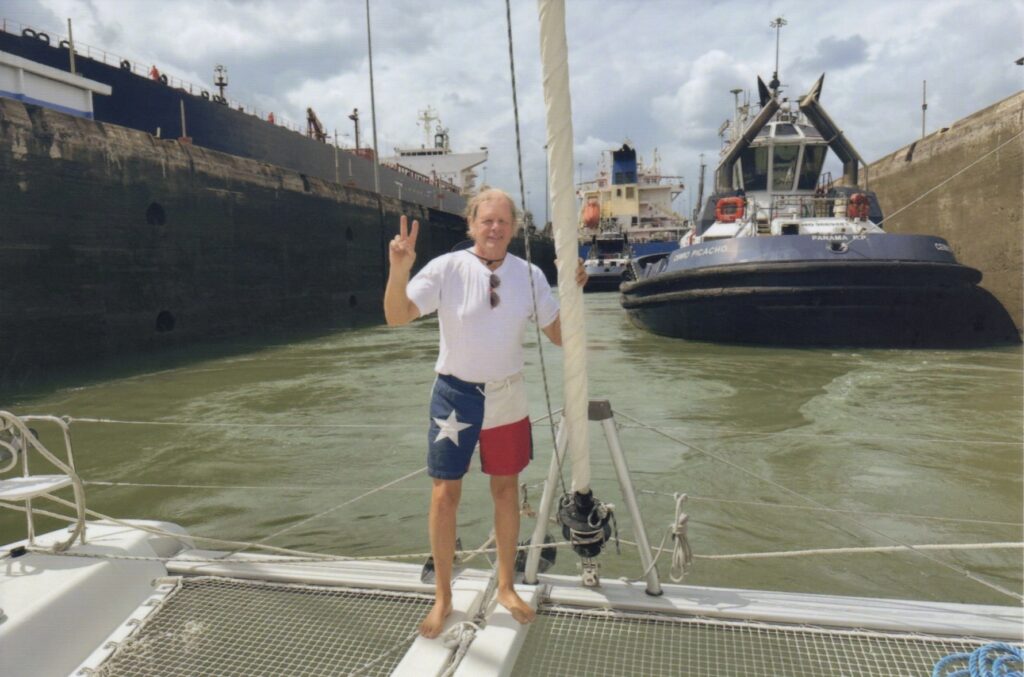
Richard Gillett’s journey began at San Diego State University, where he attended on a wrestling scholarship. After graduation, rather than stepping straight into a conventional career, he grabbed a backpack and a sleeping bag and embarked on an 18-month odyssey worldwide. With limited funds and a reliance on hitchhiking, he visited more than 40 countries, soaking in diverse cultures and experiences.
Returning to Los Angeles, Gillett pursued his medical degree at UCLA Medical School. He completed an ophthalmology residency, setting the stage for a career dedicated to helping others see the world more clearly.
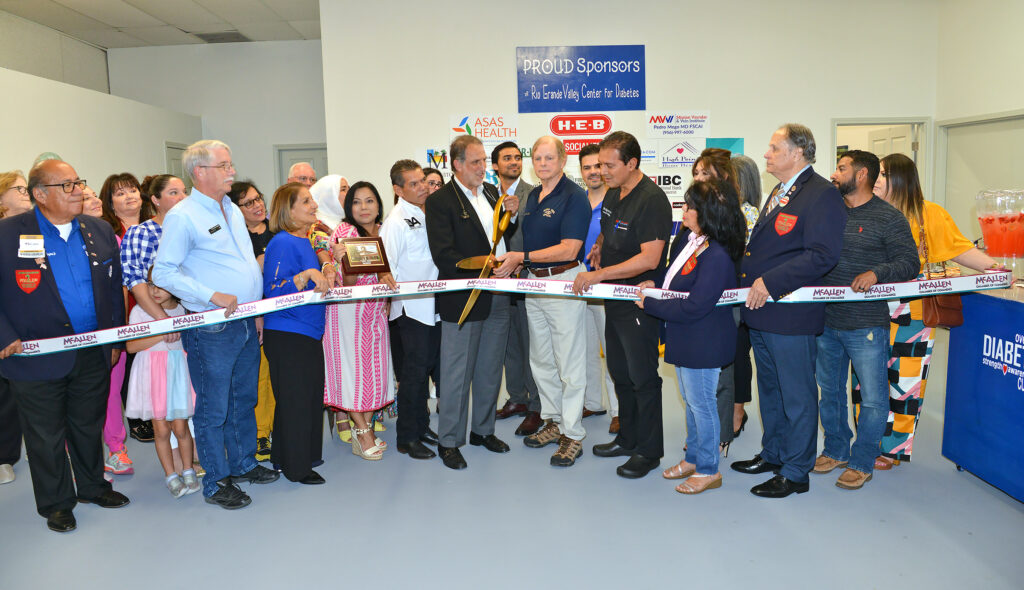
After his residency, Dr. Gillett spent a year working in emergency rooms, saving money for his next big adventure—a small sailboat. This purchase marked the beginning of his two-and-a-half-year voyage across the Pacific Ocean. He faced formidable challenges during this journey, including waves towering over his 47-foot mast. Yet, these trials were balanced by the serene beauty of seldom-visited islands, crystal-clear lagoons, and the warmth of local people.
Settling in McAllen, Texas, Dr. Gillett established a successful ophthalmology practice that spanned over 25 years. His commitment to providing free care for indigent patients became a hallmark of his career. He performed free laser therapy on over 3,000 diabetic patients, preventing blindness, and conducted cataract surgeries for dozens of blind patients, often covering hospital fees out of his own pocket.
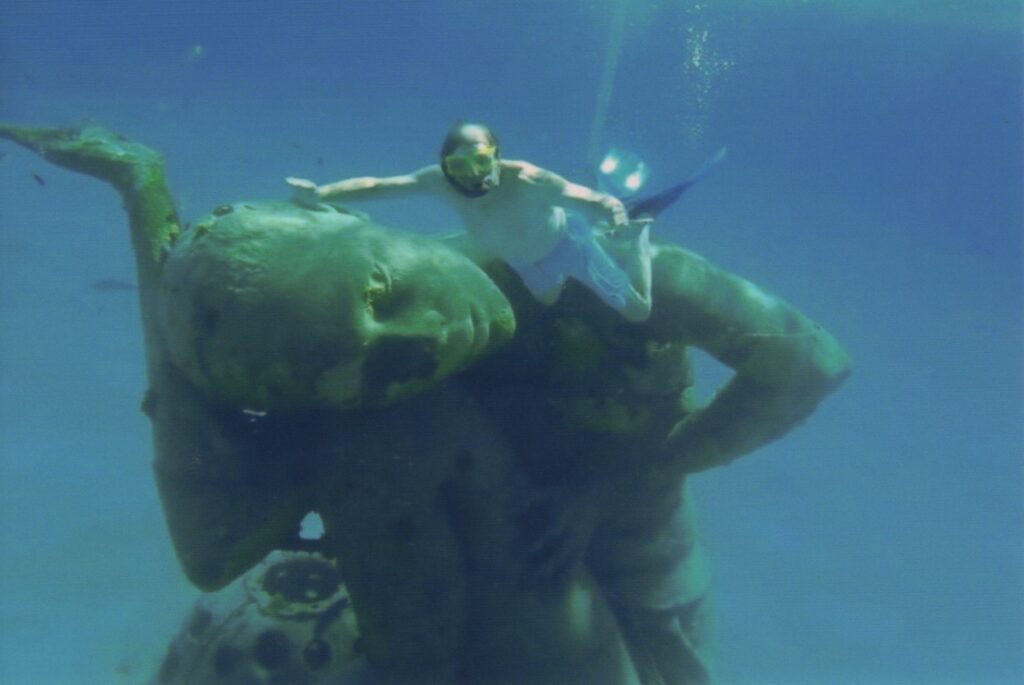
Beyond his local practice, Dr. Gillett donated his expertise to those in need worldwide. He spent weeks performing surgeries in Nepal, India, and the Caribbean. Back home, he supported diabetic children through an annual three-day camp on his ranch, teaching them how to manage their condition and avoid complications. Additionally, he organized a one-day camp for adults. He held leadership roles as the President of the Rio Grande Valley Diabetes Association, a group that helps diabetics, and Vice President of CASA, a group that helps abused children
Dr. Gillett’s sense of adventure didn’t end with his professional commitments. He has climbed some of the highest mountains in the world, including Mount Kilimanjaro, the highest mountain in Africa; Mount Etna, the highest mountain in Europe; Mount Aconcagua, the highest in the western hemisphere, and embarked on extensive bike trips through countries and places like Botswana, Burma, Cambodia, Croatia, Indonesia, Israel, South Africa, Spain, Thailand, Vietnam, Zimbabwe, and Hawaii. His competitive spirit also led him to participate in triathlons annually, where he once finished second and twice took third place.
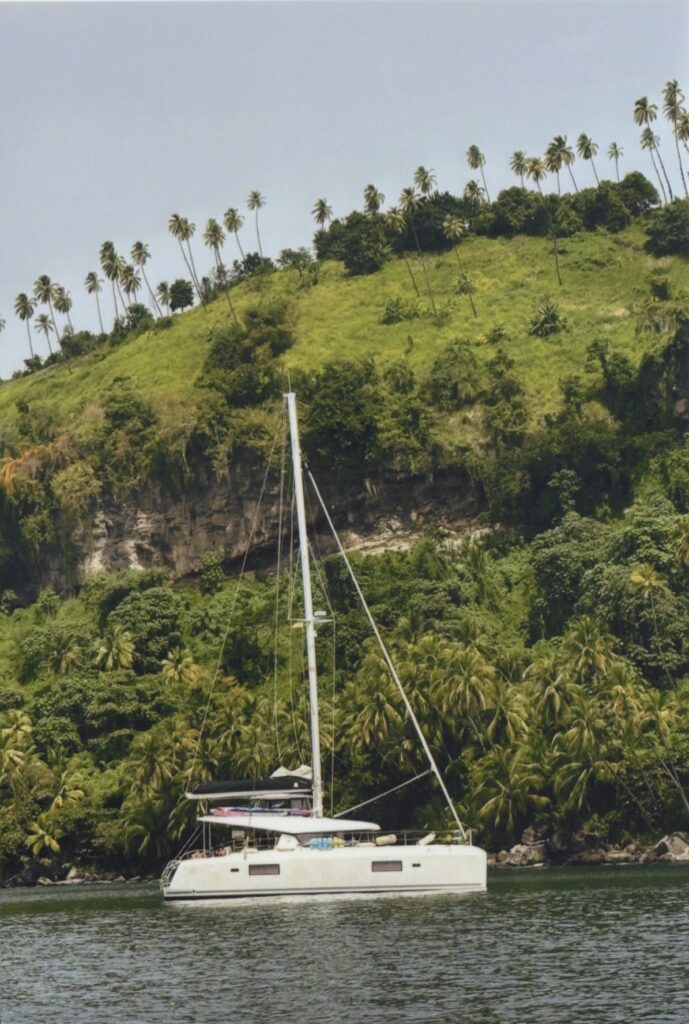
A talented dancer, Dr. Gillett even won the Rio Grande Valley Dancing with the Stars contest, showcasing his versatility and zest for life.
In his latest sailing adventure, he purchased a catamaran. He spent two years island-hopping across the Caribbean to South America, eventually navigating through the Panama Canal into the Pacific Ocean. Living by the adage that “schedules sink sailboats,” he sailed without a fixed itinerary, waiting for favorable weather before sailing. This freedom allowed him to discover secluded beaches and tranquil harbors where he often found himself alone, basking in the peace and beauty of nature.
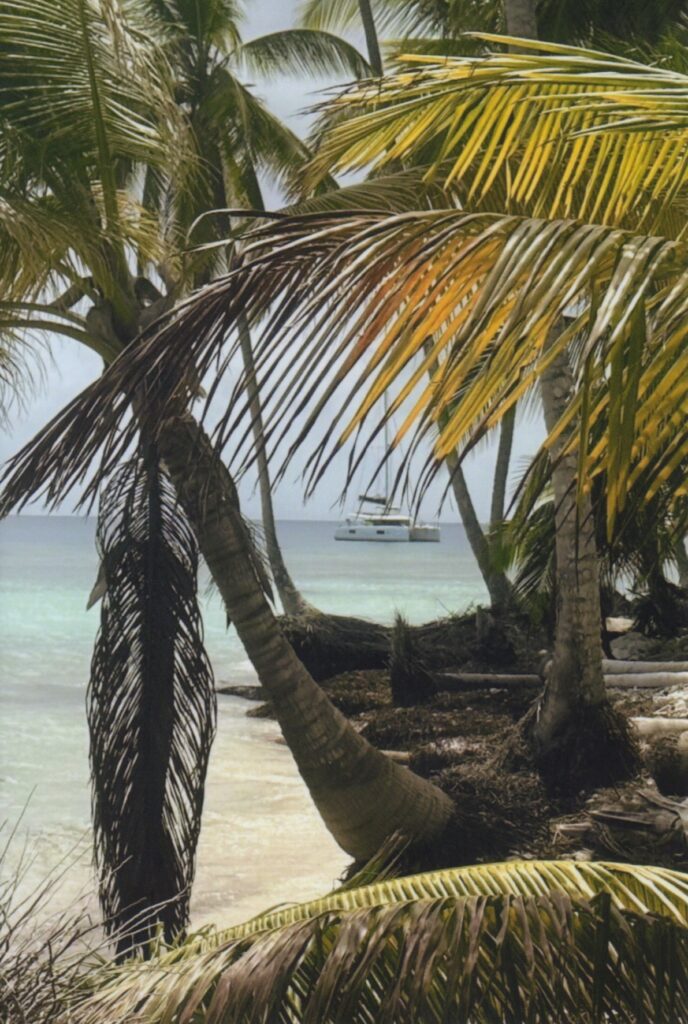
On most mornings and evenings, Dr. Gillett would spend about 20 minutes watching the sunrise and sunset, a practice known to bring peace and tranquility to the soul. These moments of reflection were so calming that his heart rate would drop to the low thirties.
The Bahamas, comprising 760 islands with stunning crystal-clear lagoons and beaches, was one of his destinations. It’s where Christopher Columbus first made landfall in the New World. During his travels, Dr. Gillett found the people of the Dominican Republic to be the friendliest he had ever met. When he mentioned he was hungry while clearing customs, the agents returned to their office, retrieved their lunch, and shared half with him—a surprising gesture from typically strict officials.
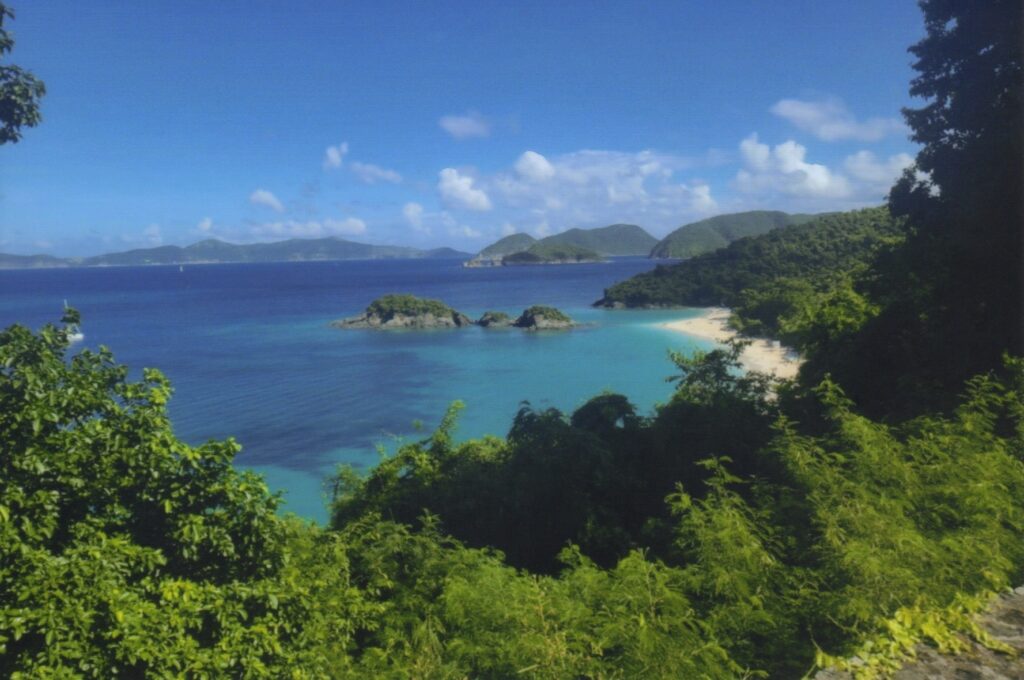
In the Virgin Islands, Dr. Gillett was anchored in a picturesque lagoon near a small house that once belonged to Robert Oppenheimer, the father of the atomic bomb. After developing the bomb, Oppenheimer became a vocal opponent of nuclear proliferation, which earned him powerful political enemies and ultimately led to his career downfall. Rejected and disheartened, he left the U.S. and spent the remainder of his life in a modest cabin by the serene bay. Oppenheimer found great peace living there. When he passed away 12 years later, his wife scattered his ashes over the bay. Meanwhile, St. Lucia is known for its two towering volcanoes that rise majestically from the sea.
In Dominica, Dr. Gillett dove above an active underwater volcano, which released millions of bubbles. “I got pictures, too,” he said. “The San Blas Islands, located off the coast of Panama, are a captivating archipelago of hundreds of islands, each with sandy beaches and coconut palms. These islands are home to the friendly Kuna people. The Kuna children were intrigued by my bicycle since they had never seen one before. Interestingly, these islands have no bugs or mosquitoes due to the absence of fresh water.”
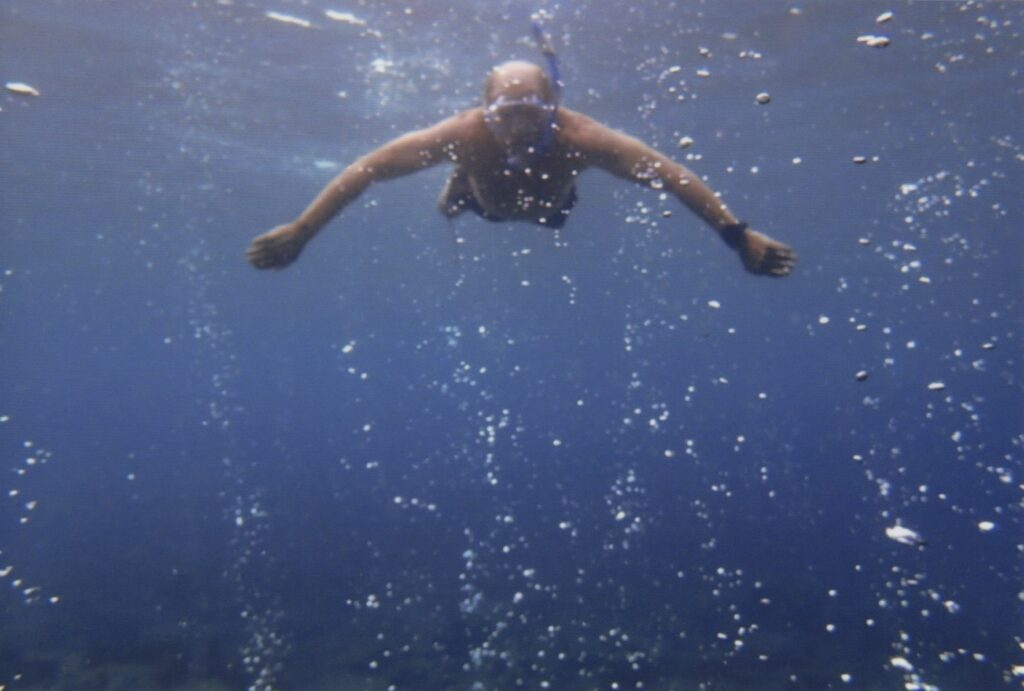
Dr. Gillett sailed his Catamaran through the Panama Canal, fulfilling a lifelong dream. He relished every moment of the journey, even the frightening ones. One night, a massive freighter collided with his Catamaran off the coast of Colombia, South America. The freighter’s captain had fallen asleep, causing the ship to approach from behind. Dr. Gillett was sleeping on a bench in the cockpit when a loud crashing noise and the violent shaking of the Catamaran abruptly awakened him. A wall of seawater drenched him and flooded the cockpit. The Catamaran nearly capsized.
Dr. Gillett did everything he could to avoid being washed overboard. After two years of sailing, he declared himself completely, absolutely, and unequivocally done with sailing— at least for six months due to hurricane season.
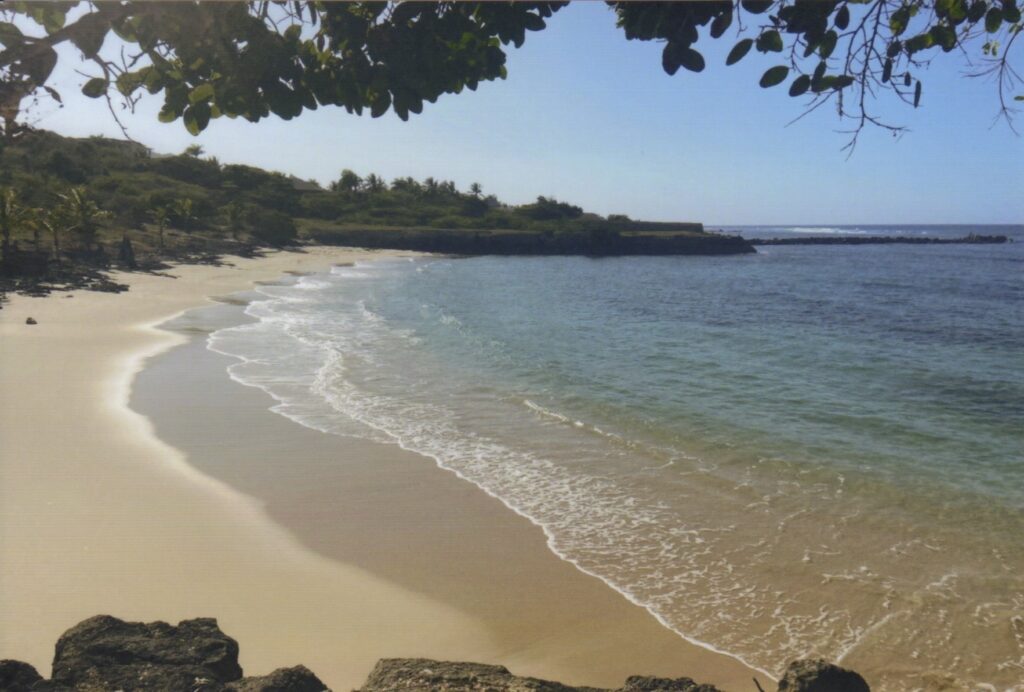
Dr. Gillett’s philosophy of living by the compass, not the timecard, accentuates his approach to life. After selling his beloved Catamaran in Fort Lauderdale, he has set his sights on a new adventure—building a tree house in the lush jungles of Costa Rica. Inspired by the towering, ancient trees and the serene environment, he plans to immerse himself in this next chapter, living high in the rainforest canopy.
He took the boat to Fort Lauderdale, the Catamaran capital of the world, to sell it. On the first day, he placed his boat for sale and sold it for a full-price cash offer. It was very sad for Dr. Gillett to see it sell and have to say goodbye to his Catamaran—it felt like losing his best friend. But it was time for another chapter.
Without the boat, Dr. Gillett reflected on his plans. He mentioned possibly buying another boat someday but needed to be certain about the timeline.
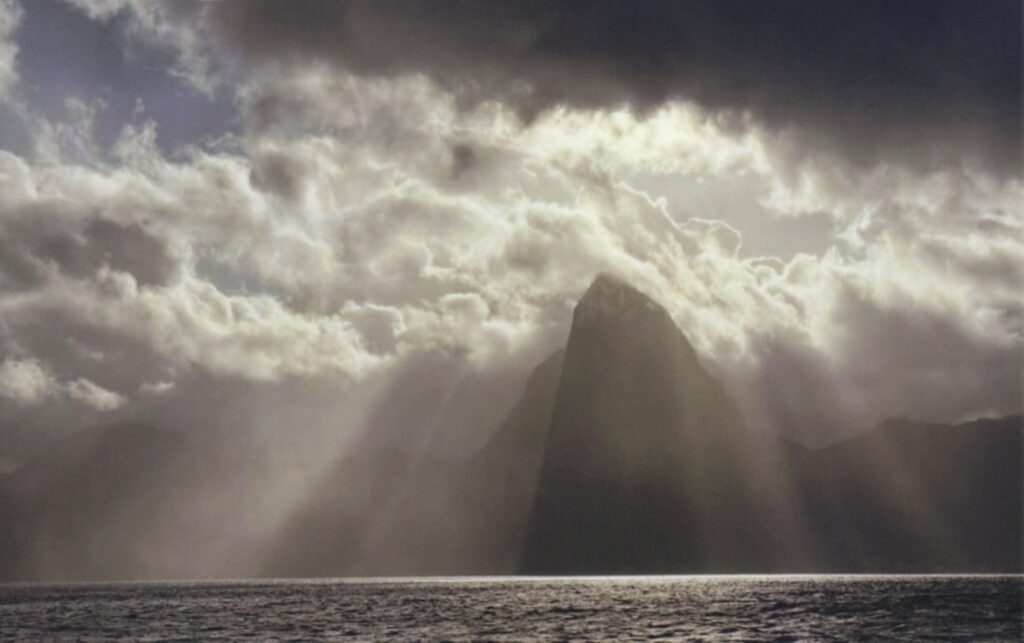
Selling the boat was difficult for him, especially considering the two and a half years he had spent with it. The Catamaran had been with him through good times and challenging moments, including when the big freighter collided with it. Despite the scare, the boat was not significantly damaged. There was a water cushion when the freighter hit them, which prevented a head-on collision and caused only minor scrapes along the side. Over a thousand feet long, the freighter created a five-foot wave that washed into the Catamaran, terrifying Dr. Gillett as he thought they were sinking.
The incident was reported to the Colombian authorities in Cartagena, Colombia, ensuring the proper documentation of the accident. Despite these challenges, Dr. Gillett is open to the idea of owning another boat in the future, though for now, he is content with moving on to a new chapter in his life.
The new chapter in Dr. Gillett’s life involves living in a tree house high in the remote jungles of Central America. Reflecting on this next adventure, he shared his excitement: “I’ve traveled to over a hundred countries and seen many wonders, including the redwood forests. But this is the first time I’ve encountered jungles like these. The trees have trunks with diameters larger than this room. They’re over 200 feet tall and over a thousand years old, spread throughout the jungle.”
This adventure will take place in Costa Rica, where 25 to 30% of the country is a national preserve, untouched and filled with pristine jungles. Dr. Gillett marveled at the beauty and encouraged others to visit if they ever could.
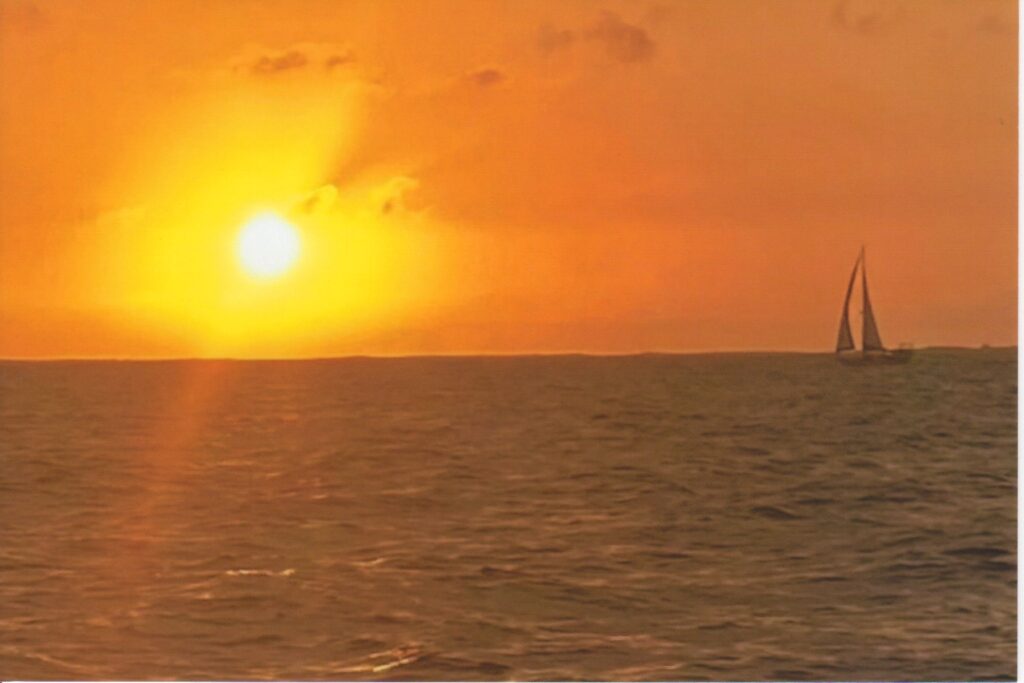
He plans to move there once he receives the money from selling his boat. His goal is to buy some land in the jungle, build a tree house, and live there for a while. “Not forever,” he said, “but long enough to get it out of my system.”
Despite his varied and adventurous life, Dr. Gillett remains grounded in his commitment to helping others. His career as an ophthalmologist has been marked by a firm dedication to providing vision care to those who need it most, whether in Texas or globally.
Dr. Richard Gillett’s life is always following one’s passions and making a difference. From his early days as a wrestler to his extensive travels and medical missions, he has consistently chosen paths less traveled, guided by his inner compass. His story is not just one of personal adventure but of profound impact, inspiring us all to live fully and give generously.
Medical Education
Richard L. Gillett, M.D., received his medical degree in 1979 at the David Geffen School of Medicine at the University of California, Los Angeles. In 1980, he interned at Adventist Health White Memorial Hospital in Los Angeles. In 1983, Dr. Gillett completed his residency in ophthalmology at Adventist Health White Memorial Hospital in Los Angeles.
He is board-certified in ophthalmology by the American Board of Ophthalmology and is licensed to practice in Arizona, California, and Texas. His top areas of expertise are Cataracts, Pterygium, and Diabetic Retinopathy.






